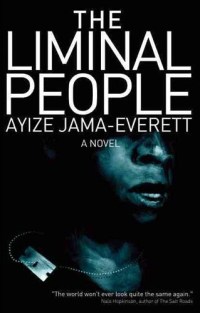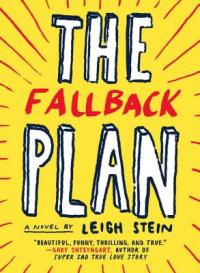Ark by Charles McCarry
 Sunday, January 8, 2012 at 7:40PM
Sunday, January 8, 2012 at 7:40PM 
Published by MysteriousPress.com/Open Road Media on November 22, 2011
For reasons having to do with the faster rotation of the planet's core than its surface, the Earth will soon experience an apocalyptic event leading to "an interruption of civilization" -- or so predicts Henry Peel, a ultra-wealthy, reclusive genius who rarely errs in matters of science. His solution -- his plan for the salvation of the human race -- is to put a ship in orbit around the Earth before sending it on a thousand year voyage, carrying a few hundred humans and a particular cargo (the precise nature of which isn't revealed until a quarter of the novel has gone by). Henry's solution leads to an ethical debate about the degree to which man should play god, a common theme of science fiction.
For reasons that never seem persuasive, Henry recruits the novel's narrator, a female author, to act as his amanuensis. She faces a more personal threat than the coming apocalypse: a stalker who, having victimized her once, now intends to kill her. At a later point, she encounters (and beds) a somewhat more benign stalker. When she isn't being stalked, she follows Henry and doles out occasional dollops of advice.
I am a fan of Charles McCarry's spy novels. His craftsman-like storytelling ability shows in Ark: steady pace, fluid prose, sharply defined characters. He brings the elements of a thriller to this science fiction novel. In fact, the novel is better as a thriller than as sf. As a political thriller, Ark excels; McCarry's imagining of governmental responses to the private construction of a vast orbiting ark, of Henry's preemption of the less favorable responses, and of the media's coverage of it all, is intelligent and convincing.
As science fiction, however, Ark is acceptable but unexceptional. McCarry tosses out an occasional clever idea -- like using robotic hornets as a defensive weapon -- but the story itself isn't original: both the crisis and the solution are rehashes of concepts familiar to science fiction fans. Henry has visions -- they may be chemically induced or he may have a pipeline to God -- that seem out of place in a technology-driven story. To a large extent, the various concepts that McCarry cobbles together seem unfinished, never cohering into a focused whole.
Still, I enjoyed the story despite its flaws. Among those is McCarry's perpetuation of the myth that any time the police forget to read a suspect his rights the suspect automatically goes free -- a minor plot point that I nonetheless found grating. The suspect (one of the narrator's stalkers) turns into a significant character -- a serial rapist, no less -- whose contribution to the story is minimal despite its intended importance. A better subplot involves the narrator's mysterious lover, but his eventual disappearance from the story left me wondering why he was ever part of it. The larger plot leads to an ending that is in some respects anticlimactic but reasonably satisfying. On the whole, Ark isn't a bad attempt at science fiction, but the reading public will likely be better served if McCarry sticks to the spy novels that are his true forte.
RECOMMENDED



